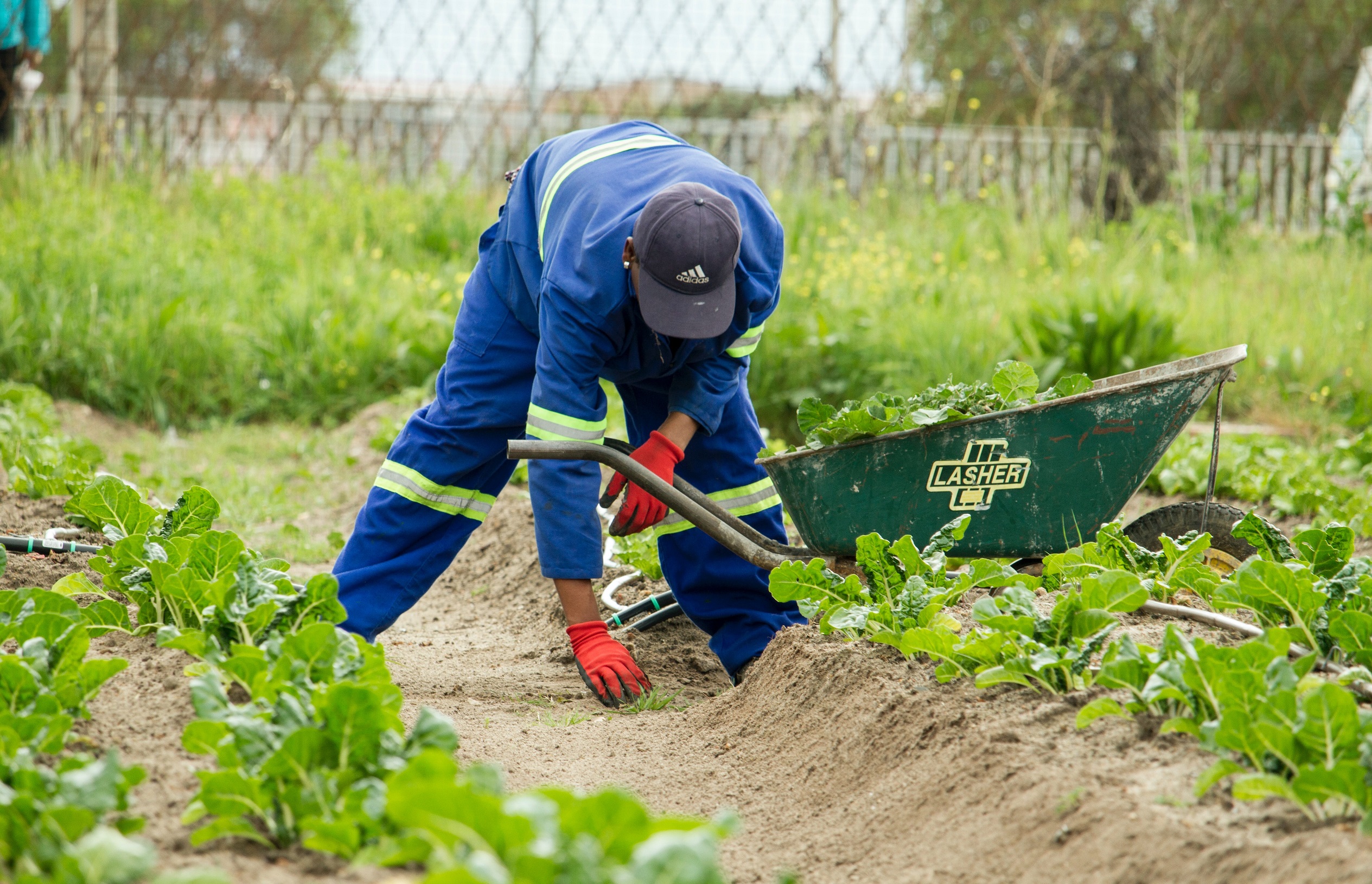ANZ Bank, Westpac and Commonwealth Bank have joined forces to found Lygon, a company that will switch traditional bank guarantees signed on paper for blockchain-based smart contracts. By vastly reducing the lease negotiation period between landlords and tenants and doing away with fraud, Lygon is on the way to becoming not only a staple of the market, but the way into the future.
Big League Shareholders Onboard
The company behind Westfield Sydney – the Scentre Group – has already invested in Lygon shares. Not keen on being left behind, the tech industry staple company known as IBM has also invested into the Lygon alliance.
Both of these companies are hoping to bring an end to the physical, signed guarantees used by clients in all industries, from construction to real estate.
ANZ’s Nigel Dobson had this to say about the formation of Lygon:
“Digitising the instrument will save commercial landlords onerous, operational overheads over the longer term.”
Following a test run with great results last year, the five companies involved have decided to take the plunge and put their plan into action. Lygon is currently looking for a chief executive as well as a small number of staff to run the platform, after which they plan on partnering with any banks and landlords who wish to join up.
Once this system becomes the norm in Australia, Lygon is planning to expand into New Zealand. If all goes as planned, IBM will use the success garnered so far to spread Lygon’s system to real estate markets worldwide.
Once it goes live this month, Lygon will become the first high profile case of blockchain use by banks in Australia.
Previously used mostly to store and transfer funds, this new alliance may lead to even more investments into blockchain technology.






